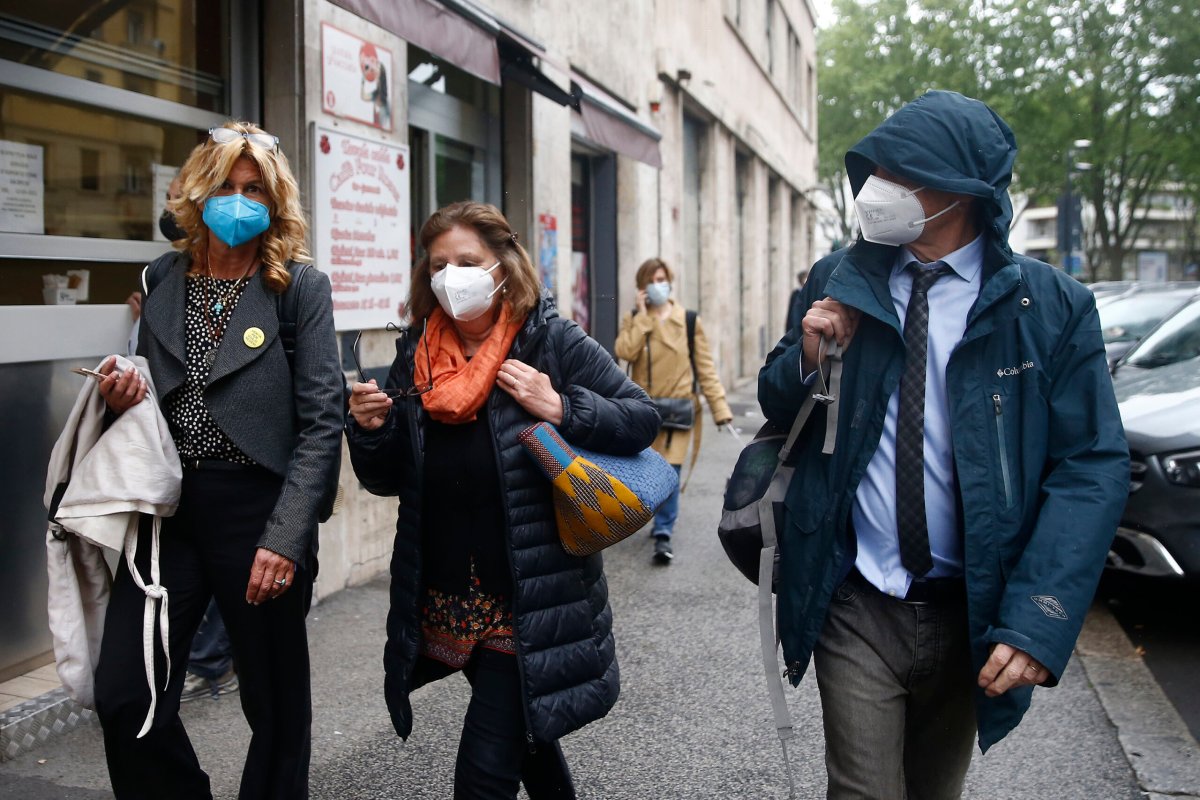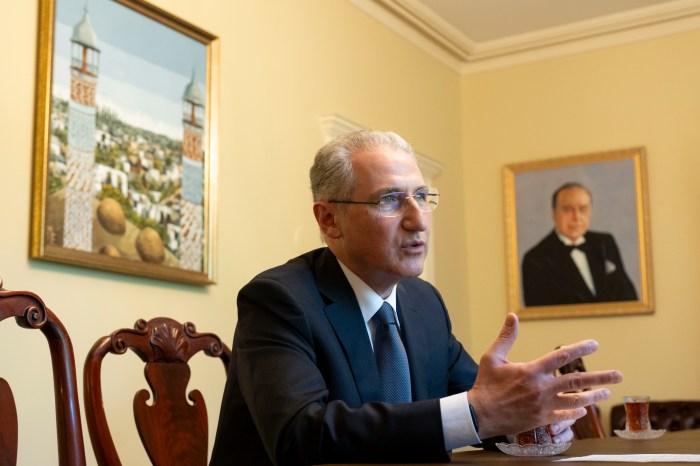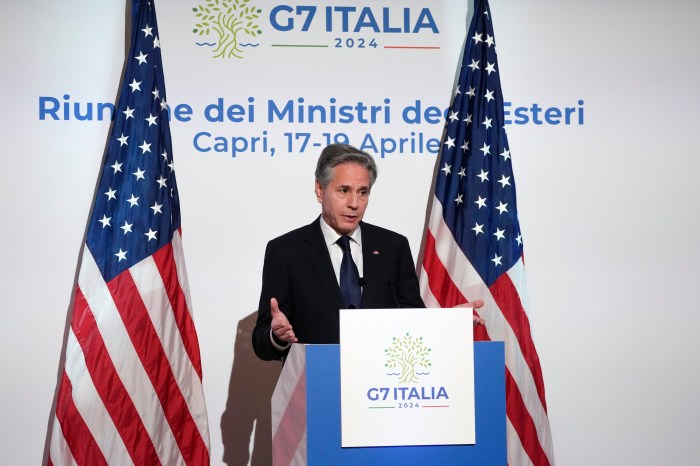ROME (AP) — Italy’s top criminal court has rebuffed prosecutors’ efforts to revive the trial of high-level Egyptian security officials in the 2016 torture-slaying of an Italian doctoral student.
The Court of Cassation ruled in Rome on Friday evening that there were no grounds to appeal a lower court decision last year that the trial couldn’t go forward because the defendants hadn’t been officially notified of the charges and the trial date.
Giulio Regeni, 28, was researching labor unions for Cairo street vendors when he was abducted, tortured and slain, his mutilated body found along a highway days after his disappearance in the Egyptian capital.
The case strained relations between Italy and Egypt, an ally in Italian efforts to combat international terrorism. At one point, Italy withdrew its ambassador to press for Egyptian cooperation in the investigation. Italian prosecutors pursued the case, eventually winning indictment of the four Egyptians, to be tried in absentia in a Rome courtroom.
In a phone interview broadcast on Italian state TV Saturday, family lawyer Alessandra Ballerini called the latest decision a “wound for justice for all Italians.”
Defense lawyers had successfully argued that the defendants had never been formally notified because they didn’t provide their official addresses, a requirement in Italy’s justice system. Unless they can be notified, the trial remains suspended, effectively indefinitely halting the case in the courtroom.
The use of that loophole was particularly upsetting for the family and friends of Regeni because, they say, the defendants are widely known in Egypt due to their prominent roles in that country’s security apparatus.
“As citizens we can’t accept impunity for those who torture and kill,” Ballerini said.
On Friday morning, hours ahead of the ruling, Regeni’s family, friends and supporters of the pursuit of justice in his slaying had rallied in front of the courthouse.
Prosecutors had argued before the court of Cassation that there was a “reasonable certainty that the four Egyptian defendants had knowledge of the existence of the criminal case against them,” the Italian news agency ANSA said.
In the run-up to the ruling, Regeni’s supporters had appealed via social media for help in tracking down the legal addresses of the defendants.
His mother, Paola Regeni, has told reporters her son’s body was so badly mutilated by torture that she only recognized the tip of his nose when she viewed it.
Human rights activists have said the marks on his body resembled those resulting from widespread torture in Egyptian Security Agency facilities.
Italian prosecutors had accused police Maj. Sherif Magdy; police Maj. Gen. Tareq Saber, who was a top official at the domestic security agency at the time of Regeni’s abduction; Col. Hesham Helmy, who was serving at a security center in charge of policing the Cairo district where the Italian was living, and Col. Acer Kamal, who headed a police department in charge of street operation and discipline.
After Regeni’s body was found, Egyptian authorities alleged that the Cambridge University doctoral student was slain by a gang of robbers.



















